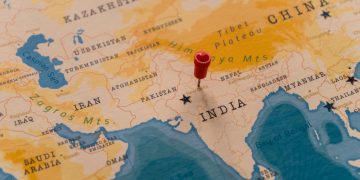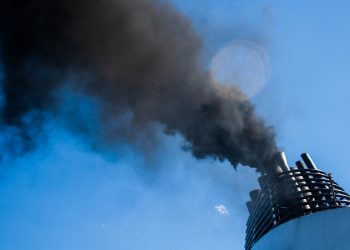LR awards AiP to SeaARCTOS for emissions monitoring system
Lloyd’s Register (LR) has awarded Type Approval in principle to SeaARCTOS for its emissions monitoring technology ARCTOS-1, which monitors CO2, methane (CH4) and sulphur dioxide (SO2) exhaust levels with a dedicated sensor attached to a vessel’s exhaust stack.
Read more

































































